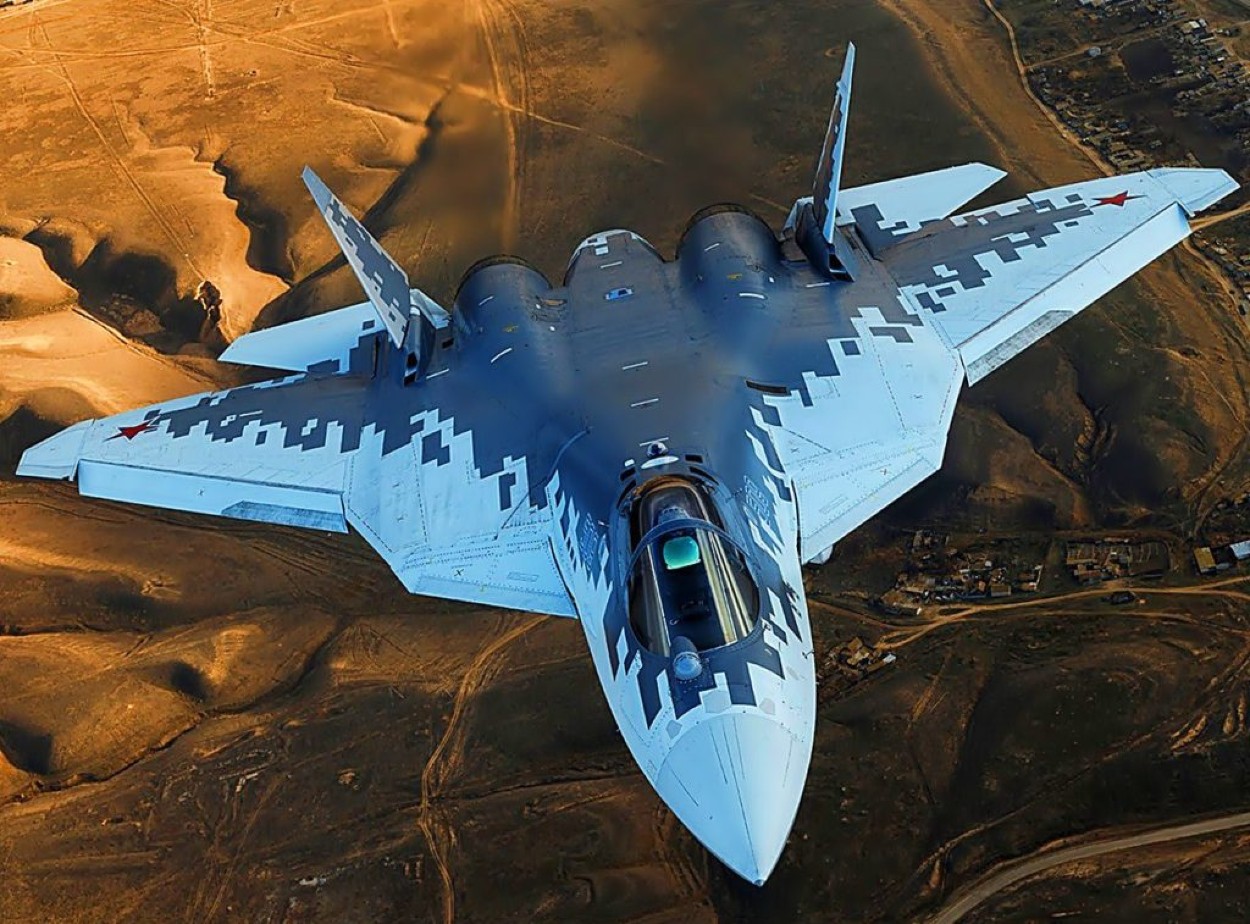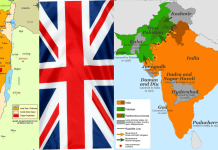The head of the United Aircraft Corporation (UAC), Yuri Slyusar, revealed that the state defense order (SDO) for the advanced Su-57 fighter witnessed a twofold increase in 2023, with projections indicating further growth for 2024.
Speaking to the state-run media outlet, Slyusar highlighted the corporation’s successful fulfillment of the state defense order, highlighting the on-time delivery of contractual commitments, occasionally even ahead of schedule for specific plants.
Notably, orders across all UAC factories experienced growth, with some witnessing substantial increases. Slyusar pointed out that the demand for the Su-57 aircraft specifically doubled.
Moreover, he added, “The Su-57 fighter is a difficult machine to manufacture, but the UAC honorably coped with its delivery to the customer. “For 2024, the order is even bigger, there is even more work.”
Looking ahead to 2024, Slyusar revealed that the order for the Su-57 is anticipated to be even larger, signaling increased work for the corporation.
Although the Russian official refrained from specifying an exact number, Yuri Slyusar had previously indicated that, in accordance with the current state armament program, the Russian Aerospace Forces are slated to procure 76 Su-57 aircraft by 2027.
In November, reports emerged indicating that Russia is set to receive a shipment of Su-57 fifth-generation fighter jets before the year’s end.
This followed a September 2023 announcement from the Russian military-industrial complex, confirming the successful delivery of a new Su-57 ‘Felon’ fighter jet to the Russian Aerospace Force.
Despite these developments, the exact number of Su-57s currently operational remains undisclosed.
The Su-57, characterized as a fifth-generation multirole fighter with twin engines, is portrayed by Russia as a powerful counterpart to the Lockheed Martin F-35, a fighter jet widely utilized by the United States and its allies throughout Europe and Asia.
Nonetheless, the timely delivery is particularly remarkable considering the economic sanctions imposed on Russia by Western powers in response to Moscow’s invasion of Ukraine.
These sanctions have constrained the Russian aerospace industry, limiting access to advanced Western components and financial resources.
Su-57 Fifth Generation Fighter Jet
Russia’s inventory of fifth-generation Su-57 fighter jets is presently limited, but recent proactive measures by Moscow signal an earnest effort to bolster the production of this advanced aircraft.
In December 2022, Yury Slyusar announced that the Komsomolsk-on-Amur aircraft manufacturer in the Russian Far East had mastered the mass production of Sukhoi Su-57 fifth-generation multirole fighters.
Slyusar underscored the company’s commitment to ongoing production increases to meet the escalating demand for these cutting-edge aircraft.
Additionally, Moscow is actively advancing the Su-57 platform, evident in the ongoing flight tests that specifically focus on seamlessly integrating a second-stage engine.
Rostec, the Russian state-owned conglomerate, recently disclosed the successful integration of the latest second-stage engine, Izdeliye 30, into specific Su-57 fighter jets. Currently, these aircraft are undergoing flight testing to thoroughly assess and validate the performance of the upgraded engine.
In November, Rostec also declared a substantial enhancement of the combat capabilities of the fifth-generation Su-57 through the integration of state-of-the-art technologies.
Following this, there was a bold revelation of plans to develop a two-seat version of the fifth-generation supersonic fighter PAK FA/Su-57. The United Aircraft Corporation (UAC) has already secured a patent for a “two-seat stealth tactical aircraft.”
However, the stark reality remains that Russia has not fully optimized the production of the Su-57 aircraft. Moscow first claimed the aircraft’s combat debut over Syria in 2018 as a part of the country’s longstanding support for the Assad regime.
In May 2022, Russian media reported that the Su-57 had been employed against Ukraine, utilizing missiles fired outside the range of Kyiv’s air-defense systems.

Russian Defense Minister Sergei Shoigu later lauded the aircraft’s performance in an interview, describing it as having shown itself brilliantly. However, no detailed documentation is available regarding the deployment of the Su-57 in the ongoing conflict.
There seems to be a strategic prioritization to avoid potential reputational damage, a decline in export prospects, and the compromise of sensitive technology that could result from any loss of the Su-57 over Ukraine.
If a Su-57 were to encounter a failure or be shot down over Ukraine, the repercussions could extend beyond the immediate incident. Such an event has the potential to substantially blow the reputation of the Su-57 fighter jet, raising concerns that may cast doubt on its reliability and performance.
This, in turn, could pose a severe threat to the prospects of foreign sales and collaborations, as potential international partners may become hesitant or reconsider their engagement with a platform that faces uncertainties in real-world operational scenarios.
This cautious approach reflects the complex geopolitical considerations surrounding the deployment and performance of the advanced Su-57 fighter jets.
- Contact the author at ashishmichel(at)gmail.com
- Follow EurAsian Times on Google News




